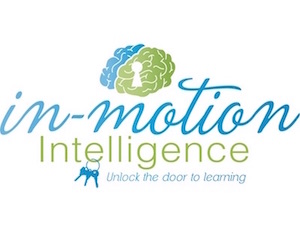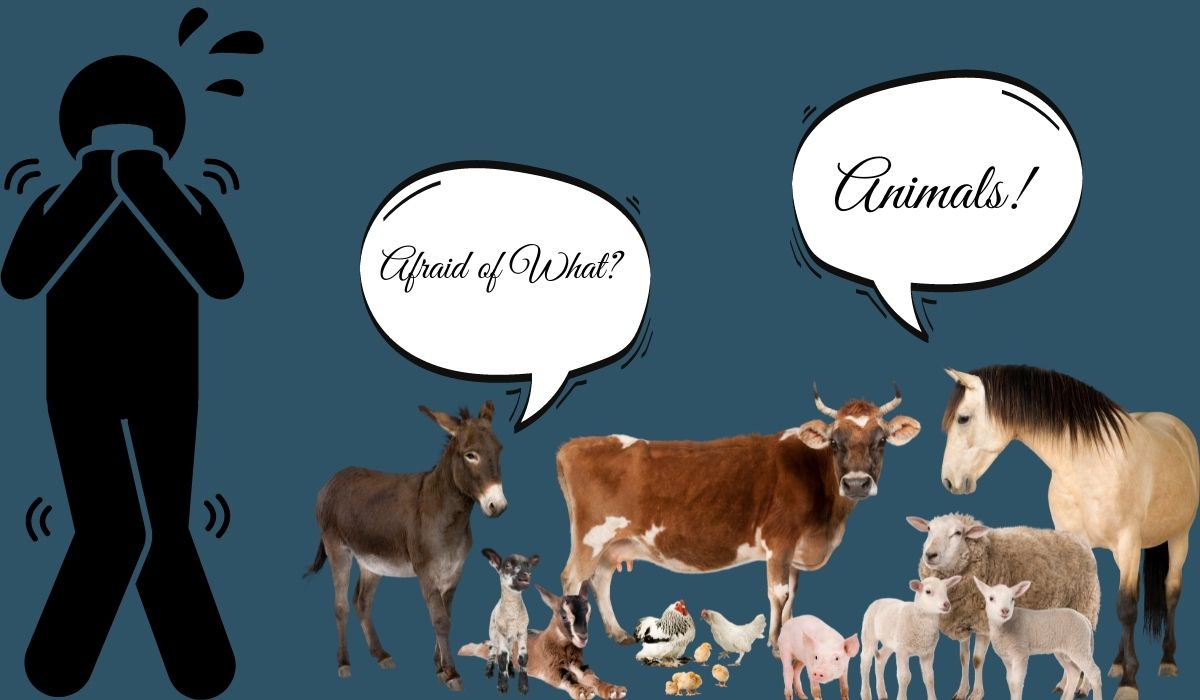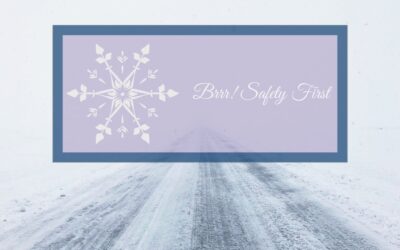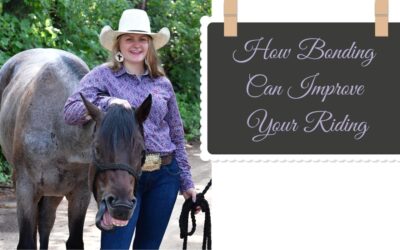As a little girl, I used to crawl up my daddy’s leg in the presence of any 🦮 dog.
Growing up, cows🐄 were frightful beings—I hated unhooking them to let them out each afternoon; even more, I hated when it was time to bring them back in the barn for milking. I always wielded a big stick or a broom to extend my reach. And heaven forbid that I ever attached a milker to an udder! Picking eggs was the worst chore ever; chickens🐓 flap and peck. My dad would tease me wondering how a farmer’s daughter could be so scared of the family’s “bread and butter.” 💰🍞🧈
What do I remember?
I distinctly remember Grandpa’s dog violently throwing himself against the screen door to eat me alive when I was little. However, I can’t clearly distinguish between my other somatic memories, emotional memories, and memories assisted by photos and/or storytelling. But pigtails dripping with cow pee after a tumble in the gutter and cow snot being flung in my face are two distinct recollections that may have had an impact on my relationship with cows. Deep inside, I remember my mom crawling home injured after her horse🐴 spooked. Perhaps that sheds a light on my sometimes-irrational response around horses (and other animals).
We are created with protective wiring. These neural connections have default mechanisms to keep us safe. Even when a dog is smiling, seeing their teeth causes an automatic response for me: burying hands, holding breath, and racing heart. I know that cows can expel fluids from all orifices with nary a warning and I’m on high alert when around them. My kids love horses, but I have to consciously seek peace and comfort around horses—it isn’t automatic. What is automatic are my reflexive responses. Fear Paralysis, Moro 😲, and Tendon Guard are ready to step up, whether invited or not. They’re automatic!
Trauma
Trauma doesn’t choose its target. It happens. What is traumatic to one may be no big deal to another. Repeated experiences lay a pattern of response, which can become an automatic reaction. My story is angst around animals. Other story themes might be going to bed hungry and/or sleeping in a van homeless. Maybe getting separated from a loved one in a group. Car accidents can be traumatic for some and less so for others. Living in addiction can induce a reflexive response.
Our bodies are designed so beautifully. They protect us; sometimes even after the danger has passed. Occasionally, we have to help reset those protective mechanisms. Our dynamic beings are able to reset. “Mind over matter” may work. However, there are more specific strategies to support–it might be a combination of somatic, emotional, intellectual, social and/or spiritual work. But trauma can be released/reset.
Soften the phobia response
After using Educational Kinesiology techniques (such as Brain Gym®) to support myself, 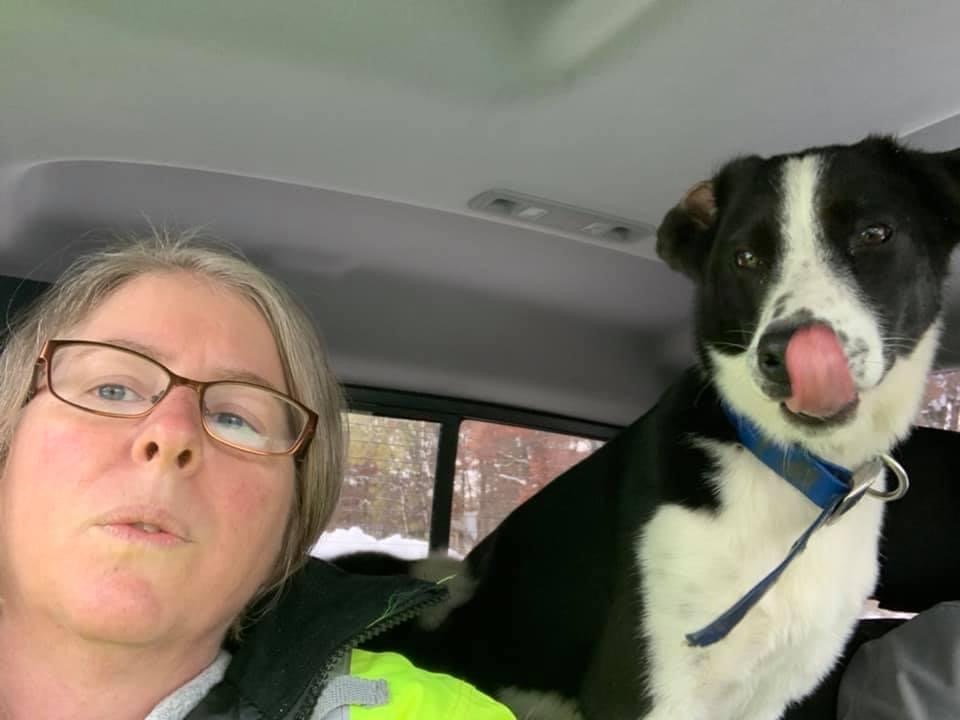 I can now snuggle a dog on my lap. Heck, I can even rub its face, neck and chest without freaking out.
I can now snuggle a dog on my lap. Heck, I can even rub its face, neck and chest without freaking out.
(Cows are cows and I still choose my distance. Splashing cow pies. Squirting milk. Snotty noses. Need I say more?)
I’ve discovered deep coherence with some horses. Keeno, goofy yet gentle teacher. Winchester, professional paw’er who loved being serenaded at the county fair. Mandy. Trixie. Vegas. Candy. Macho. And what about the wild one who wouldn’t let anyone touch it? Yet, she approached the arena fence and allowed me to stroke her neck?
Animals are not my gift; I have many other gifts. I am so grateful to no longer need to keep animals at arm’s length. I am not held back by my experiences. I moved beyond the traumas into a place of deeper understanding. I know to make myself scarce when loading animals—no judgment, just acceptance that loading goes smoother when mom is not hovering. I also know to make myself available after a scary horse-event, like getting bucked off. I can use my gifts to support immediate processing.
© 2022, Cindy Goldade, In-Motion Intelligence
